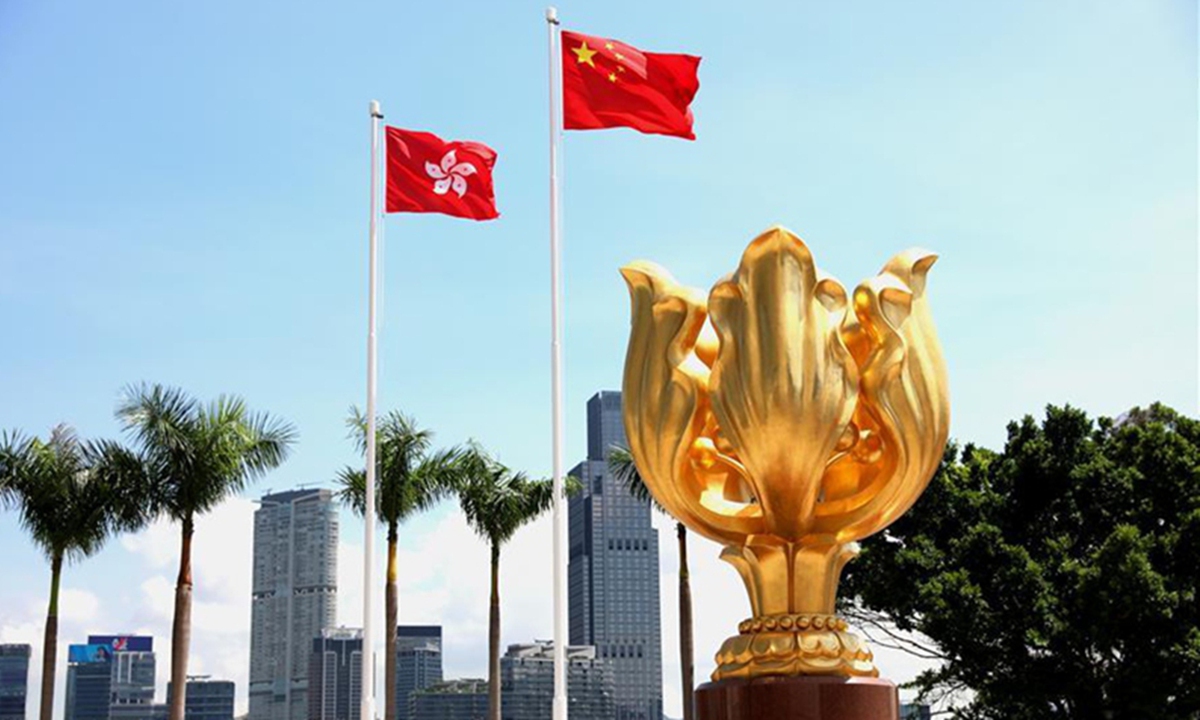
Hong Kong file photo
Editorial Board at the Wall Street Journal:
Your editorial titled "Hong Kong's Giant Leap Backward" published days ago started with the sensational claim that Hong Kong has become "a more dangerous place" after the passage of its local national security legislation, and at its end, clamored that "enter Hong Kong at your own risk". Well, that's no surprise. Being alarmist has long been a "silver bullet" for you to catch your readers' eyes.
A Hong Kong journalist told me that when he was traveling to another country a couple of years ago, the hotel owner was surprised to learn that he was from Hong Kong because he thought that all Hong Kongers had lost their freedom to travel overseas. Some of the businessmen he met in the United States also shuddered at the thought of visiting Hong Kong for the fear of being "locked up" as you repeated in your piece. I believe, many Western media outlets, including the Wall Street Journal, should take credit for their distorted Hong Kong impression.
You said in the editorial that Hong Kong's "controversial" national security law in 2020 was "apparently not enough" and a new "draconian" legislation comes atop it. Well, I know you are just playing dumb, but in case some on your editorial board really don't know, here is the thing: the national security law in 2020 covers only two of the seven categories of crimes under Article 23 of Hong Kong's Basic Law, namely, secession and subversion, and the other five crimes, such as treason and theft of state secrets are not included. On top of it, some existing ordinances in Hong Kong still retain such anachronism as "the Crown" and "Her Majesty", smacking heavily of colonialism, from which Hong Kong has broken free for almost 27 years, if I may remind you.
Labeling Hong Kong's new national security legislation as "sweeping" and its terms "conveniently vague" is a downright double standard. The new law has referred to the laws of many common law jurisdictions, including the United States, and is consistent with the definitions of terms in different countries' national security legislation. At the same time, the law fits Hong Kong as the HKSAR Government has taken Hong Kong's reality into full consideration. The piece also trumped up another charge against Hong Kong by accusing the new law of "regarding foreign influence as a threat", as no such a phrase can be found in the text of the bill.
The editorial asserts that Hong Kong "turning attention to the economy may be too late". Don't be a worrywart. You have been doomsaying about China maybe hundreds of times for the past decades, but the accuracy is pathetic.
Spokesperson of the Commissioner's Office of the Foreign Ministry of the People's Republic of China in the HKSAR
March 21, 2024
